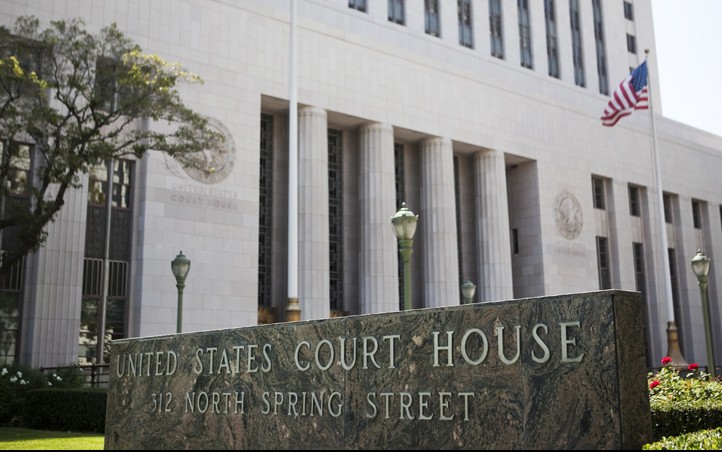LOS ANGELES
 A federal judge on Monday sentenced an electrical engineer from Glendale to a year in prison for violating the Economic Espionage Act for stealing and distributing trade secrets belonging to his former employer, according to officials.
A federal judge on Monday sentenced an electrical engineer from Glendale to a year in prison for violating the Economic Espionage Act for stealing and distributing trade secrets belonging to his former employer, according to officials.
U.S. District Judge Christina A. Snyder sentenced Derek Wai Hung Tam Sing, 45.
“Mr. Sing tried to conceal his illegal theft and transmission of trade secrets by using fictitious email accounts,” said U.S. Attorney Eileen M. Decker. “If not for one of the competitors that received the proprietary secrets alerting authorities, Mr. Sing might have caused a devastating blow to his former employer. Intellectual property is the lifeblood of the American economy and provides critical value to businesses and employees.”
In her 28-page ruling, Judge Snyder convicted Sing of 32 counts of violating the Economic Espionage Act by transmitting and possessing numerous trade secrets.
Sing worked at the Pasadena-based Rogerson Kratos (RK) in 2012. Until he was fired by the aircraft avionics company, Sing had access to RK trade secrets, and he signed a confidentiality agreement that prohibited him from disclosing any confidential information and trade secrets that belonged to the company.
According to a sentencing memorandum filed by prosecutors, Sing’s short tenure at RK was “tumultuous…he was late on assignments, showed up late to work, and had a bad attitude.
He created disparaging paraphernalia, such as mugs and bottle openers referring to RK employees as imbeciles, and distributed them to his colleagues.
Eventually, he was fired, but not before he took home with him a trove of documents related to RK’s confidential trade secrets, including at least 27 schematics.”
After being terminated, Sing retained materials that he had collected while working at RK, despite being specifically asked to return all trade secrets.
Instead, Sing “packaged the trade secrets with sufficient supporting documentation and instructions so that other competitor companies would be able to use the trade secrets and reverse engineer RK’s products,” according to Judge Snyder’s written verdict.
It noted that Sing testified at trial that he “wanted to get back at Rogerson Kratos” for not appreciating his work as an employee.
Sing prepared packages that included schematics of RK products and a “readme” document that explained the importance of the proprietary information and instructed competitors to reverse engineer the products.
In early 2013, Sing sent the stolen trade secrets to other companies that produced avionics, including a company outside of the United States. Sing also sent flash drives with the trade secrets to companies.
Judge Snyder found that Sing illegally sent seven schematics to three different companies, and that he illegally possessed four of those schematics.
In its recommendation to the court, the probation office concluded that “Sing acted out of anger, and intended to cause harm to his former employer. He has shown no remorse,” according to the government’s sentencing memo.
“In addition to violating the law by stealing proprietary information, Mr. Sing further victimized his former employer by advertising his theft of trade secrets to the company’s competitors,” said Deirdre Fike, the Assistant Director in Charge of the FBI’s Los Angeles Field Office. “The FBI takes theft of intellectual property very seriously as the compromise of such data affects the American economy and can weaken our national security.”
The FBI investigated this case.

